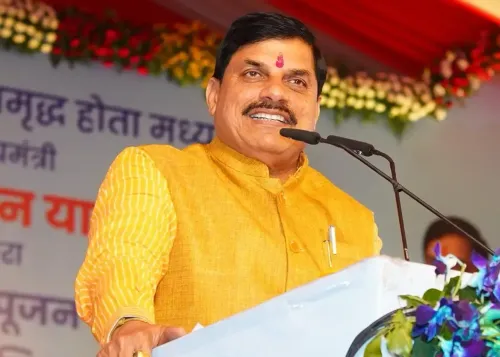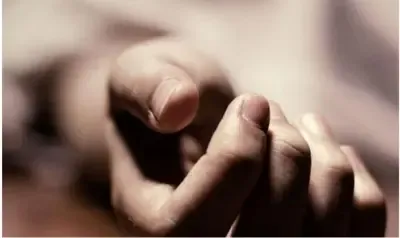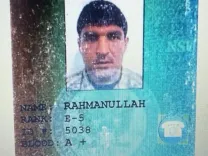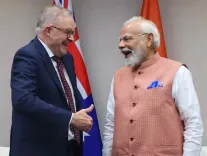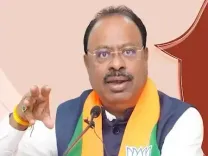Are Social Media Content Guidelines Finally Here? Centre Informs SC
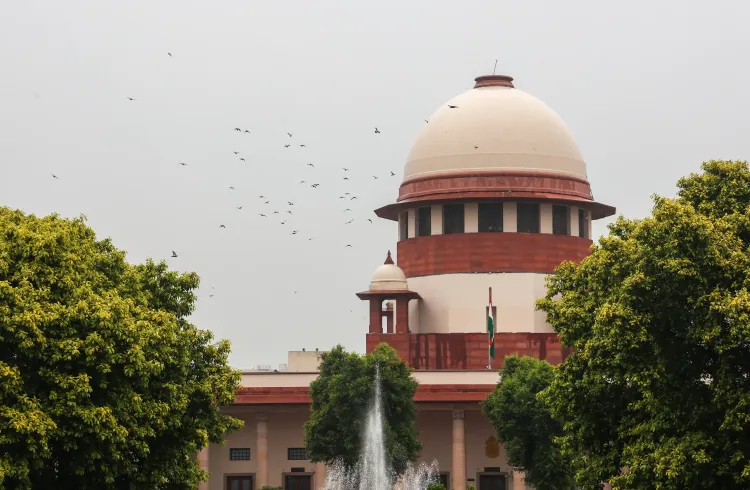
Synopsis
Key Takeaways
- Centre is finalizing a regulatory framework for social media.
- Guidelines aim to address explicit and harmful content.
- Supreme Court stresses the need for accountability.
- Concerns raised over derogatory treatment of disabled individuals.
- Proposed establishment of an autonomous regulatory body.
New Delhi, Nov 27 (NationPress) On Thursday, the Centre notified the Supreme Court that the Union Ministry of Information and Broadcasting is nearing completion of a regulatory framework aimed at tackling explicit and harmful content found on social media platforms.
Requesting an extension of four weeks, the Union government informed a Bench led by Chief Justice of India (CJI) Surya Kant and Justice Joymalya Bagchi that the forthcoming guidelines will soon be made public, inviting feedback from citizens, experts, and various stakeholders.
The CJI Kant-led Bench was deliberating on multiple petitions filed by YouTubers such as Ranveer Allahbadia, Ashish Chanchlani, and others who are facing several FIRs due to allegedly obscene and offensive remarks made during the controversial show 'India's Got Latent'.
During the session, the Apex Court emphasized that current regulations might need revisions to ensure effective oversight of online content.
Solicitor General Tushar Mehta, the second-highest legal officer in the Centre, remarked: 'I have consulted with the relevant Minister. Before addressing obscenity, we must first tackle wrongful acts. Anyone can start a YouTube channel and say anything under the guise of free speech, leaving the law powerless. This cannot persist.'
The Supreme Court proposed that the Centre explore the possibility of creating an autonomous regulatory body to supervise online content.
'If everything is permitted to be expressed or displayed without accountability, what will the repercussions be?' the CJI Kant-led Bench questioned.
Moreover, it highlighted the intrusive nature of online platforms, stating: 'Obscenity may appear in literature or art, which can be restricted. However, when you activate your phone and something unwanted appears—being thrust at you—what is the remedy?'
The Supreme Court expressed strong disapproval of derogatory or insensitive representations of individuals with disabilities and urged the government to consider implementing a stringent penal framework, similar to the SC/ST (Prevention of Atrocities) Act, to prevent mockery and insults directed at disabled individuals.
'We have been informed that highly sensitive subjects are being ridiculed. Why shouldn't there be a robust law to safeguard disabled individuals from such humiliation?' the CJI Kant-led Bench inquired.
These recent developments take place following earlier hearings where the Supreme Court admonished several stand-up comedians, including Samay Raina, Vipul Goyal, Balraj Paramjeet Singh Ghai, Sonali Thakkar, and Nishant Tanwar, for making insensitive jokes about an infant suffering from spinal muscular atrophy (SMA).
In August, the Apex Court directed Raina and four others to publicly apologize on social media after noting their offensive comments regarding a two-month-old baby needing a Rs 16 crore life-saving injection.
While considering the petition filed by the Cure SMA Foundation of India, the Supreme Court expressed its intention to establish guidelines to regulate obscene or harmful content on social media and reiterated that freedom of speech under Article 19 cannot overshadow the right to dignity enshrined in Article 21.

